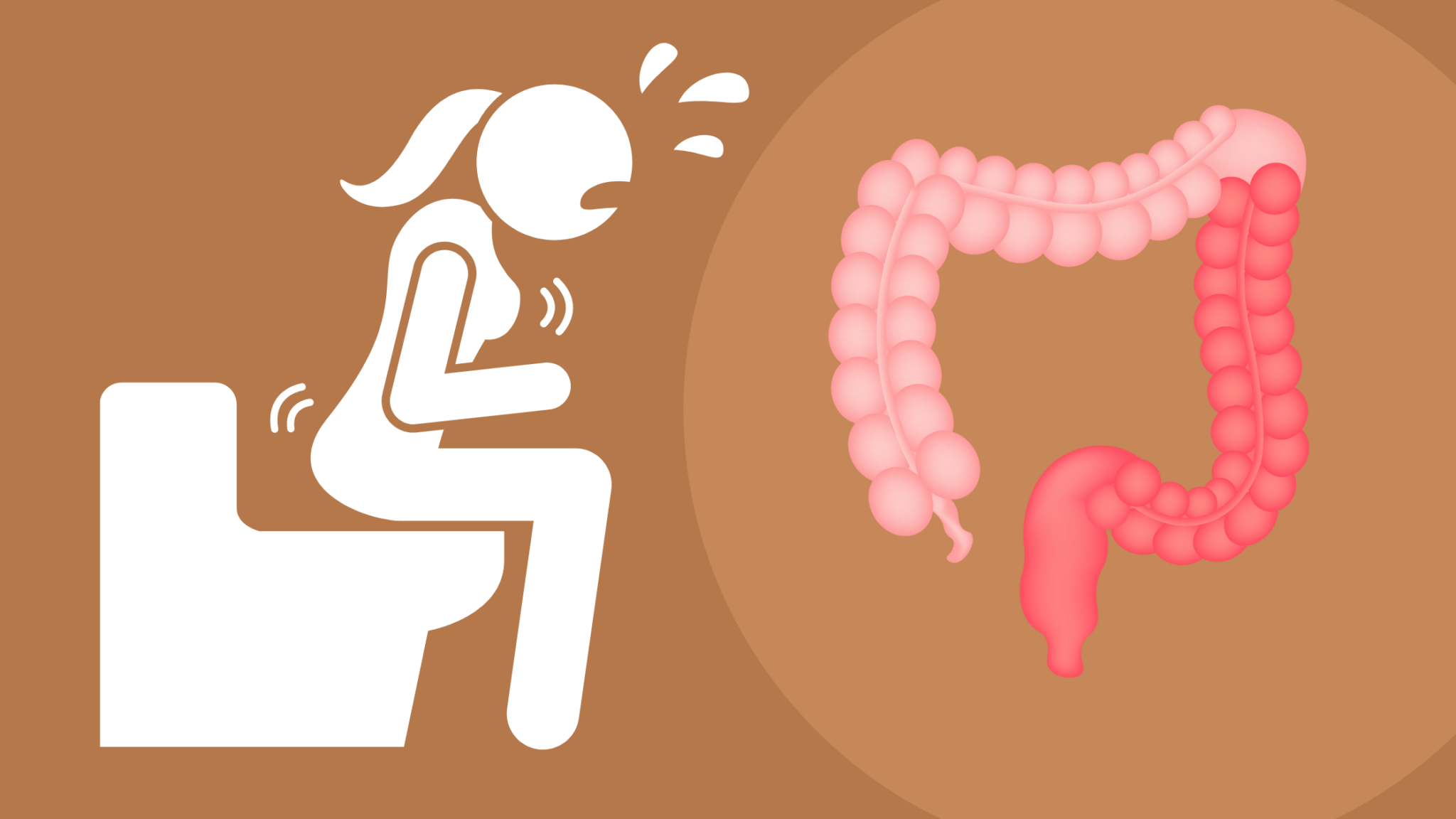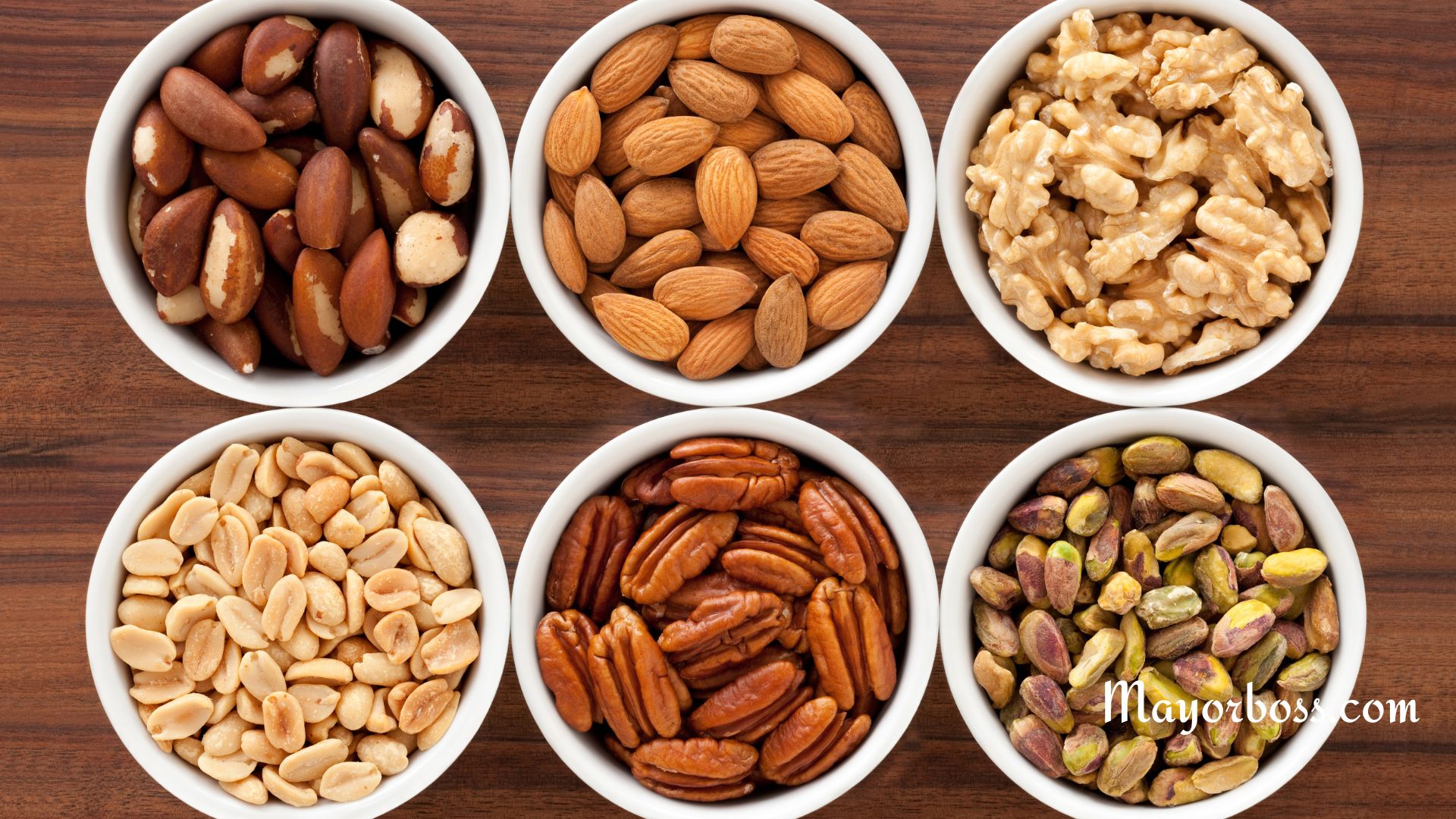Fight Constipation With The Top 12 Natural Laxatives
Constipation is a common yet frequently overlooked health issue that affects a large number of individuals. It is characterized by the inability to pass stool regularly or completely, often resulting in abdominal discomfort and bloating.
Generally speaking, addressing constipation is crucial, as chronic constipation can lead to more severe health complications such as hemorrhoids, rectal prolapse, anal fissures, and even fecal impaction.
The good news is that there are numerous natural laxatives available that can help alleviate constipation and promote regular bowel movements.
I am about to tell you the top ten natural laxatives, how they work, and who should consider using them.
1. Water
One of the simplest and most effective natural laxatives is water.
Dehydration is a major culprit of constipation by forcing the colon to absorb more water from the stool, leading to hard and difficult-to-pass feces.
Therefore, drinking adequate water can help soften the stool and promote regular bowel movements. You should aim to consume at least eight to ten glasses of water daily.
2. Prunes
Prunes, or dried plums, are a well-known natural laxative.
They contain both soluble and insoluble fiber, as well as sorbitol, a natural sugar alcohol that helps soften stools.
Research has shown that consuming prunes can effectively alleviate constipation.
According to a study published in the journal Alimentary Pharmacology & Therapeutics, participants who consumed prunes experienced greater improvements in stool frequency and consistency than those who took psyllium fiber supplements.
Prunes can be consumed whole or as prune juice. Most people can safely consume prunes.
But those with fructose malabsorption or irritable bowel syndrome (IBS) should be cautious due to the high sorbitol content. Overconsumption can lead to diarrhea, gas, and bloating.
3. Psyllium Husk
Psyllium husk is obtained from the seeds of the Plantago ovata plant.
It’s rich in soluble fiber, which absorbs water and creates a viscous gel-like substance in the digestive tract.
This helps to soften stools and increase their bulk, making them easier to pass.
Studies have demonstrated that psyllium is effective in treating constipation and improving bowel movements.
Psyllium husk can be mixed with water or juice or added to foods like oatmeal or yogurt.
However, it’s essential to drink plenty of water when consuming psyllium, as insufficient hydration can worsen constipation.
Psyllium is safe for most people, but those with a history of bowel obstructions or difficulty swallowing should consult a healthcare professional before use.
4. Chia Seeds
Chia seeds are indeed a notoriously excellent source of fiber, omega-3 fatty acids, and various essential nutrients.
When mixed with water, chia seeds form a gel-like substance that can help soften the stool and encourage regular bowel movements.
You can easily incorporate chia seeds into your diet by adding them to smoothies, oatmeal, or yogurt.
However, it is crucial to consume chia seeds with plenty of water, as they can cause constipation if eaten dry.
5. Flaxseeds
Flaxseeds, like chia seeds, are rich in fiber and omega-3 fatty acids.
They have been used as a natural remedy for constipation for centuries. That’s because they can help add bulk to the stool and promote better bowel movements.
You can consume ground flaxseeds mixed with water or add them to your favorite recipes.
It’s crucial to keep in mind that flaxseeds should be ground to maximize their laxative effects, as whole flaxseeds may pass through the digestive system undigested.
6. Probiotics
Probiotics are primarily live microorganisms that support your gut health and make your bowel movements easier to pass.
They help balance the gut microbiome, support the digestion of fiber, and produce short-chain fatty acids that help soften the stool.
In fact, a meta-analysis published in the American Journal of Clinical Nutrition found that probiotic supplementation significantly improved overall bowel movement frequency in people with constipation.
You can consume probiotics through fermented foods like yogurt, kefir, sauerkraut, or kimchi or take them in supplement form.
However, individuals with weakened immune systems or certain health conditions should consult their healthcare provider before using probiotic supplements.
7. Aloe Vera
Aloe vera can act as a natural laxative.
The latex portion of the aloe vera plant contains compounds called anthraquinones, which have a laxative effect by stimulating the colon and increasing peristalsis (intestinal movement).
You can consume aloe vera as a juice, but be cautious with the dosage, as excessive intake can lead to diarrhea or electrolyte imbalances.
Aloe vera isn’t right for everyone. In particular, those with gastrointestinal disorders, kidney disease, or pregnant and breastfeeding women should avoid using aloe vera as a laxative.
8. Castor Oil
Castor oil is made from Ricinus communis plant seeds.
It’s been used as a natural laxative for many years. It may help you poop and relieves constipation. This is due to the fact that castor oil can stimulate your intestines muscles.
Castor oil can be taken orally or used as an ingredient in enemas. However, it should be used with caution, as overconsumption can lead to diarrhea, abdominal cramps, and electrolyte imbalances.
It’s generally recommended that pregnant and breastfeeding women should avoid using castor oil as a laxative.
9. Applesauce
Applesauce is a delicious and nutritious option for those seeking natural laxatives to fight constipation.
Rich in soluble fiber, specifically pectin, applesauce can help soften the stool and quicker bowel movements.
Besides, it is easy to digest and gentle on the stomach, making it an ideal choice for individuals with digestive sensitivities.
10. Senna
Senna is a powerful stimulant laxative made from the leaves as well as pods of the Senna plant.
It contains compounds called sennosides. This typically promotes intestinal movement (peristalsis), helping to relieve occasional constipation.
You can consume senna in the form of tea, capsules, or tablets.
However, senna should be used with caution, as it can cause diarrhea, cramping, and electrolyte imbalances if used excessively.
People with gastrointestinal issues, pregnant women, and breastfeeding mothers should consult their healthcare provider before using senna.
11. Magnesium
Magnesium is important for our muscles, even in our intestines.
If you have constipation, taking magnesium supplements can help. They make the muscles in our intestines relax and bring water to the colon, which makes it easier to pass stool.
You can take magnesium supplements in various forms, such as magnesium citrate, magnesium glycinate, magnesium oxide, or magnesium sulfate.
Those with kidney disease, heart disease, or gastrointestinal disorders should consult a healthcare professional before using magnesium supplements.
12. Coffee
Coffee is a widely-consumed beverage that can act as a natural laxative. It is, in fact, the best drink that could make you poop immediately.
The caffeine in coffee stimulates the muscles in the digestive system, increasing peristalsis and boosting bowel movements.
Additionally, coffee can increase the production of certain hormones, like gastrin and cholecystokinin, which further stimulate the colon.
You can enjoy a cup of coffee in the morning to help kickstart your digestive system. However, it is important to consume coffee in moderation, as excessive intake can lead to dehydration or overstimulation of the bowels.
People with acid reflux, heart problems, or caffeine sensitivity should exercise caution when consuming coffee as a natural laxative.
The Takeaway
You may fight constipation with natural laxatives like water, fiber, prunes, chia seeds, flaxseeds, probiotics, aloe vera, senna, magnesium citrate, exercise, and coffee.
These remedies promote regular bowel movements, soften stool, and stimulate the colon, aiding digestive health and relieving constipation-related discomfort.
Frequently Asked Questions
Natural laxatives can be safe and effective when used correctly. However, it’s essential to follow recommended dosages and consult a healthcare professional if you have pre-existing health conditions, are pregnant or breastfeeding, or are unsure about using a specific natural laxative.
The time it takes for a natural laxative to work may vary depending on the individual and the specific laxative. Some may work within hours, while others may take days to show results. Be patient and give the natural laxative time to take effect.






